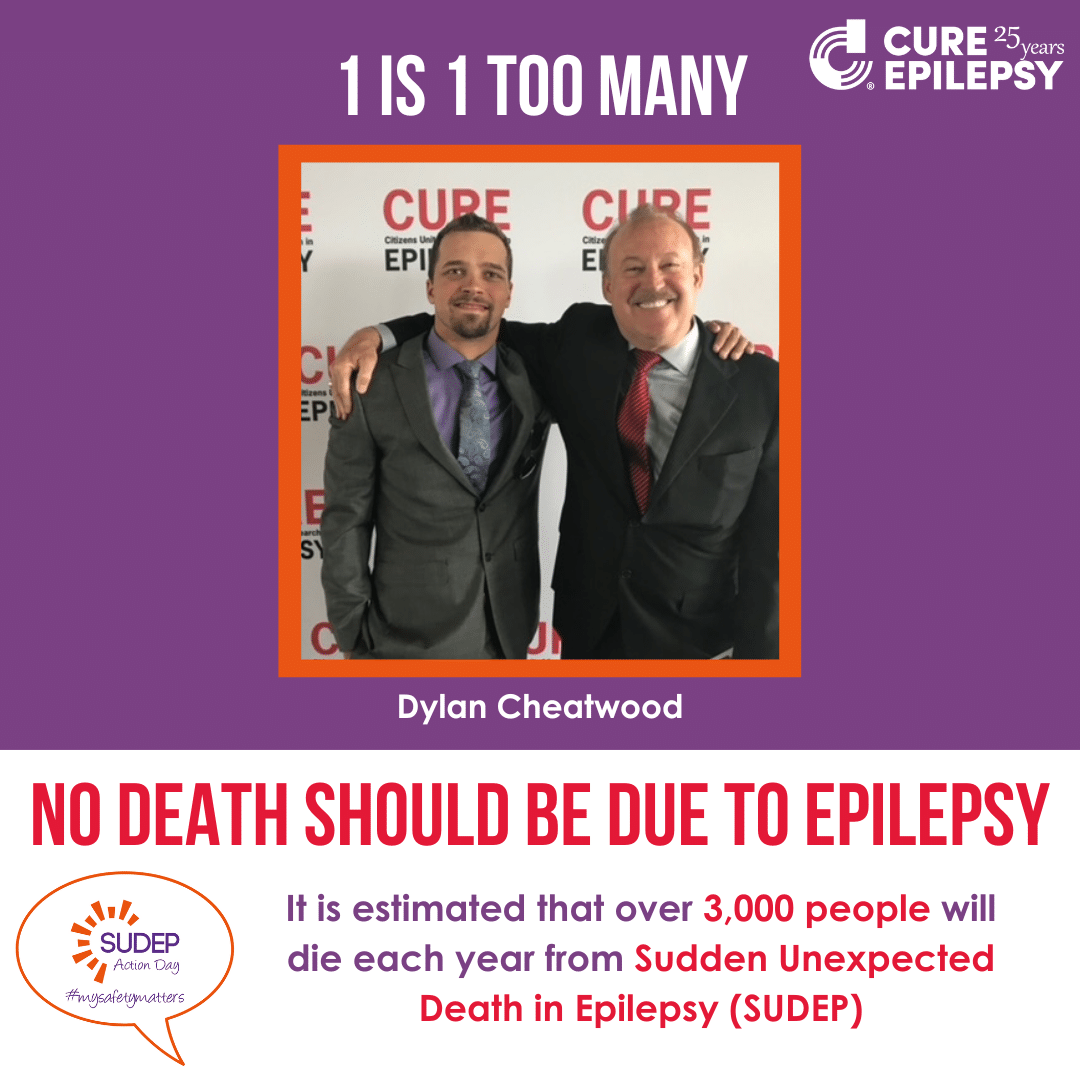Research Shows that Epilepsy-Related Deaths are Common in Young Adults and Are Not Decreasing
September 2, 2020
Press release from The European Academy of Neurology
A new study conducted in Scotland and presented at the European Academy of Neurology (EAN) Virtual Congress showed that the burden of potentially avoidable epilepsy-related deaths in young adults remains large, with those aged between 16 and 24 having a six-fold increased risk of epilepsy-related death. In addition, mortality rates for epilepsy-related deaths did not decrease between 2009 (6.8 per 100,000) and 2015 (9.1 per 100,000) despite advances in treatment during this time. Young adult patients in their early 20s and 30s were found to be at the highest risk, with 78% of epilepsy-related deaths under the age of 55 years classified as potentially avoidable. The aim of the study was to identify the burden of epilepsy-related deaths, what proportion of these are potentially avoidable, and determine the factors that may put patients at an increased risk.
The researchers collected anonymous data from healthcare settings for patients who died between 2009 and 2016, identifying 2,149 epilepsy-related deaths. 60% of these patients (1,276) had one or more seizure-related or epilepsy-related hospital admission in the years prior to death, yet less than a quarter (516) were seen in a neurology clinic. The most common causes of death within the study were sudden unexpected death in epilepsy (SUDEP), aspiration pneumonia, cardiac arrest, congenital malformation, and alcohol-related deaths. The data will be compared with data from living patients with epilepsy of the same age and gender. These comparisons will focus on the patients’ epilepsy type, socio-economic class, standards of care received, and the presence of additional disorders such as depression.
Dr Gashirai Mbizvo, completing this Scottish Epilepsy Deaths Study (SEDS) at The University of Edinburgh, comments that “Epilepsy patients are at a higher risk of early death than the general population, but reasons for this are unclear. We hope that we can use these data to learn lessons and reduce the burden of epilepsy-related deaths in the future, many of which we believe are likely to be avoidable. Highlighting such risk factors, and identifying those that could be prevented, might lead to changes in epilepsy care and, ultimately, fewer epilepsy-related deaths in the future.”
Epilepsy is a chronic noncommunicable disease of the brain that affects around 50 million people globally, making it one of the most common neurological diseases worldwide. It can cause seizures or periods of confusion in patients, which can either occur randomly or from triggers, such as a lack of sleep, stress or drinking alcohol. In many cases, people with epilepsy suffer from negative stigma and discrimination.






